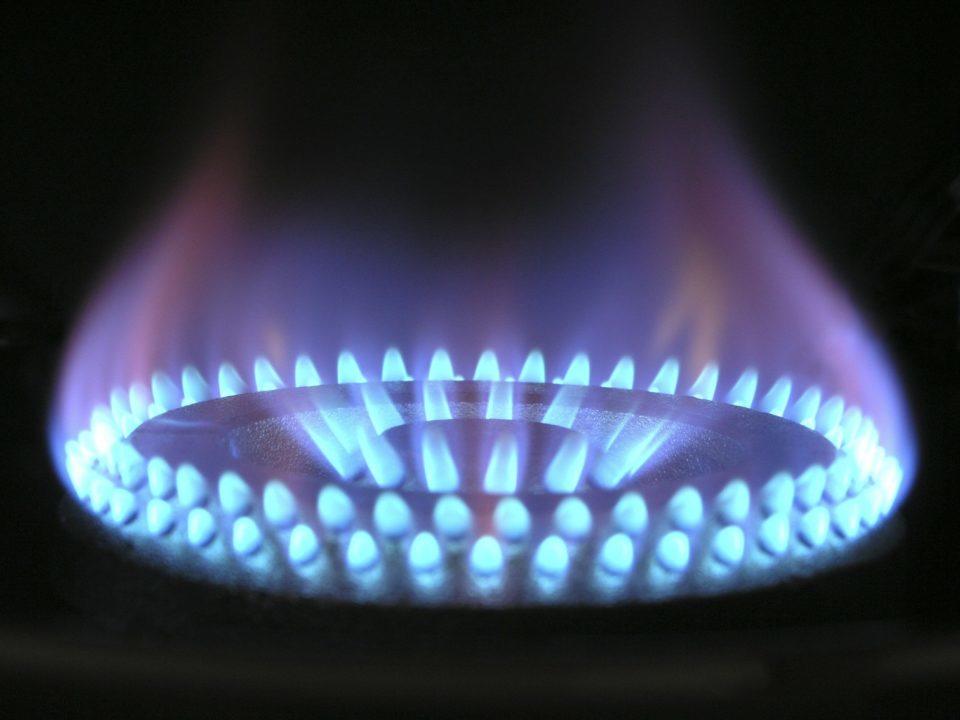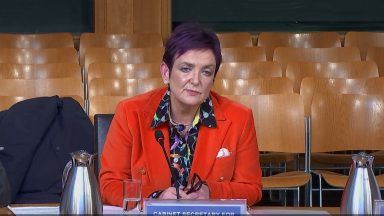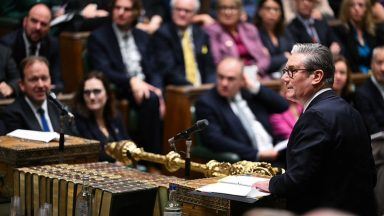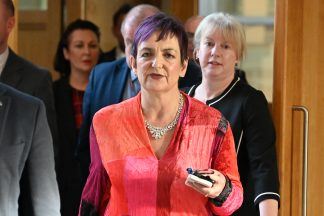The energy watchdog has vowed to take money out of shareholders’ pockets to improve investment in a green energy network while slashing bills.
Ofgem said households stand to save around £20 a year on their gas and electricity bills under its proposals, which are set to come into force from next year.
However, the proposals were attacked by some of Britain’s biggest energy networks, which will have to shoulder the cost.
Under its plan, Ofgem will halve the rate of return that companies will be allowed to take from their investments.
The regulator argues that companies and investors will still be willing to put their cash on the line to invest in upgrades to the system as the UK’s energy networks are a very low-risk investment.
“Strong evidence from water regulation and Ofgem’s offshore transmission regime shows that investors will accept lower returns and continue to invest robustly in the sector,” Ofgem said.
Meanwhile, the watchdog is setting aside £25bn for investment in the UK’s energy networks, including those run by National Grid.
There will also be a package of around £10bn in additional funding which is only available for clean energy investment, but companies will need to apply on a project-by-project basis.
More money may be set aside if Ofgem receives enough good proposals.
The regulator will scrutinise proposed investments and only give them permission if they cut carbon at a low cost to customers.
This could include a recently proposed National Grid project to install electric car charging points up and down British motorways, and innovative solutions such as switching the gas grid to run on hydrogen.
Ofgem will also set aside £630m to encourage new research and development in green energy.
It is the latest announcement from the regulator ahead of next year’s change to the rules on how much of investment costs networks can pass on to customers.
The current rules, known in industry jargon as RIIO-1, are set to expire next year. They will be replaced by RIIO-2, which will last until 2026.
Ofgem has proposed that the allowed rate of return be set at 3.95%. It is around half of what was allowed under RIIO-1, and will save British households some £3.3bn each year until 2026.
Currently around a quarter of the average household’s energy bill goes to pay for the network.
The news angered some of the companies which will be the hardest hit.
National Grid said it will be pressing for changes that will incentivise investment and protect consumers ahead of Ofgem’s final decision in December this year.
A spokesperson said: “We are extremely disappointed with this draft determination, which risks undermining the process established by Ofgem. This proposal leaves us concerned as to our ability to deliver resilient and reliable networks, and jeopardises the delivery of the energy transition and the green recovery.”
Meanwhile, SSE said it is “disappointed and deeply concerned”.
Rob McDonald, managing director of subsidiary SSEN Transmission, said: “Whilst our stakeholder-endorsed and evidence-based business plan was in step with the Government’s low-carbon investment ambition, Ofgem’s first pass at a settlement resembles a worrying return to austerity.
“Ofgem’s draft determination is a barrier towards achieving net-zero and damaging to the green economic recovery.”
However, the move won support from Citizens Advice chief executive Dame Gillian Guy.
She said: “Today’s announcement is another step closer to a price control that stops network companies from overcharging energy customers by billions of pounds.
“These decisions are extremely technical, but they matter. Ofgem has struck the right balance between shareholder returns and value for money for energy customers, while making sure networks can continue to attract investment.”
Ofgem chief executive Jonathan Brearley said: “Ofgem is working to deliver a greener, fairer energy system for consumers. This is why we are striking a fair deal for consumers, cutting returns to the network companies to an unprecedented low level while making room for around £25bn of investment needed to drive a clean, green and resilient recovery.
“Now, more than ever, we need to make sure that every pound on consumers’ bills goes further. Less of your money will go towards company shareholders, and more into improving the network to power the economy and to fight climate change.
“Ofgem’s stable and predictable regulatory regime will continue to attract the investment Britain needs to go further and faster on decarbonisation.”
A final decision will be made in December after the companies have had time to feed in.
Follow STV News on WhatsApp
Scan the QR code on your mobile device for all the latest news from around the country


 Pixabay
Pixabay

























